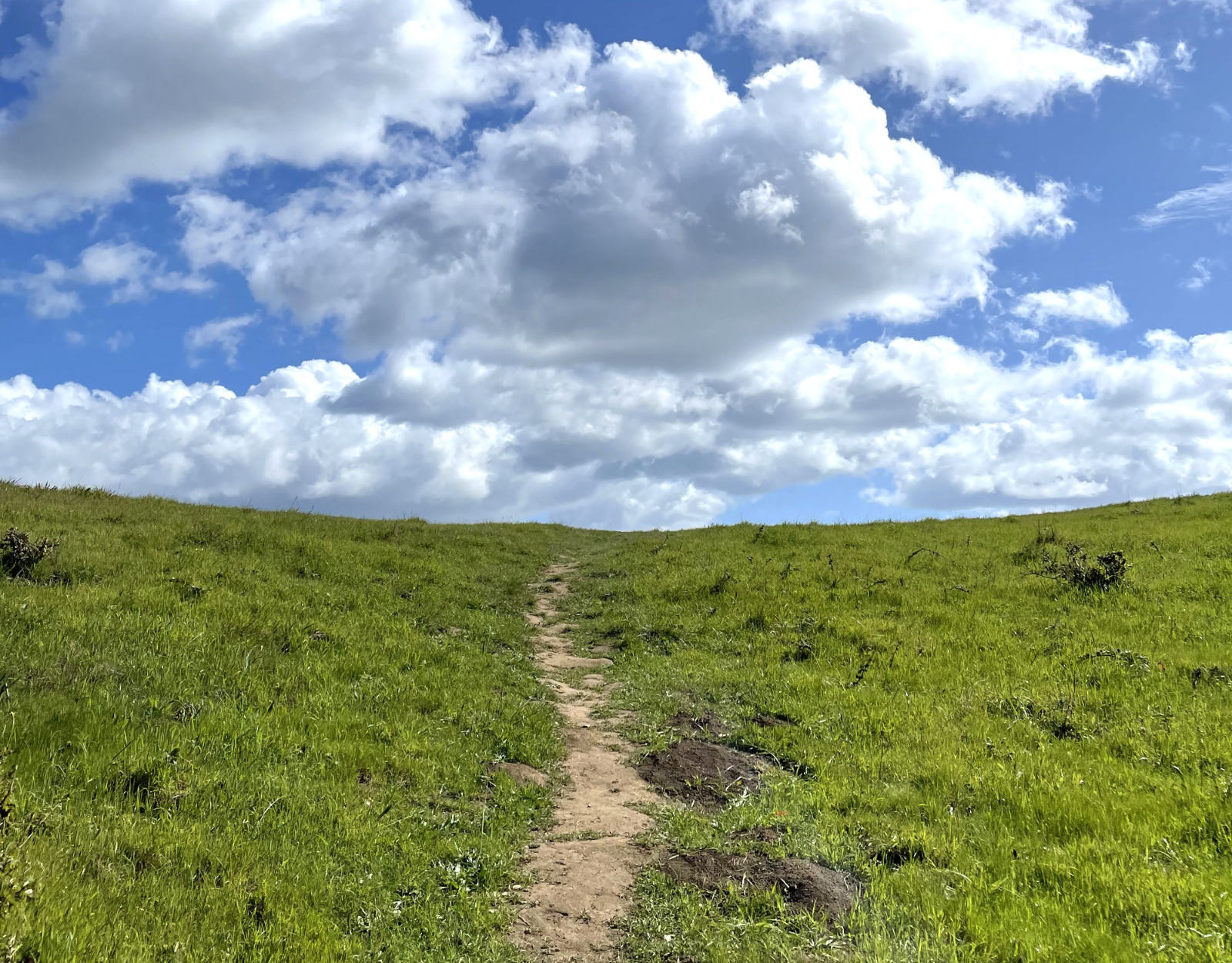
The beginning of a migration is usually imperceptible. First comes discontent, then comes the decision to either stick with inadequate, but familiar circumstances or to try something new and foreign. Eventually, someone makes the jump. A few others join. Then, seemingly all at once, a rush precipitates a trend, signaling the migration's final wave before broad and broader adoption.
By now it's obvious that the tooling web3 communities and DAOs rely on day-to-day are, at best, deficient. Pointing this out verges on parody. Still, stuck between a disjointed terrain of engagement-oriented apps and data-harvesting services, where are these newly nomadic syndicates supposed to go? If you spend more than ten minutes on Twitter, reading the same canned takes on digital itinerancy, you will come across a variety of answers, and the figureheads of several recently incorporated Delaware LLCs claiming to be building the OS for web3. Some of these endeavors appear promising, to be sure, but none are more mature or as well-positioned to satisfy this need than Urbit. A few communities are already on the network and thriving, and another swell is approaching.
To understand why Urbit is so appealing for web3 communities, start by examining the principles that motivate its development. Ownership of data, durability, and digital sovereignty underpin the entire project, from its earliest days to its present, evolved form. Without ownership, your tools control you more than you control them. Without built-in longevity, your tools can't be easily passed from one generation to the next, which is the premise of Urbit's technological page one rewrite. (For those interested in learning more about Urbit's clean slate stack, you can read documentation here.) Finally, without sovereignty, you're powerless to the whims of a centralized stronghold of corporate and bureaucratic control.
As an open source peer-to-peer network, Urbit offers communities the reliability absent elsewhere in the ecosystem, and the assurance that there will never be surreptitious terms of service changes, nor shareholders to appease. By design and in spirit, Urbit is the only viable alternative to the hodgepodge of competing chat rooms, voting services, blogs, and wallets presently available. Building dapps that supplant these services ultimately leads to similar impractical quandaries. Every dapp requires that a server be online, in a friendly jurisdiction, for you to be able to access its interface and once you access its interface, a dapp can't store any data about you that isn't on a (slow) public blockchain. Why can't a dapp wallet show you all of your assets, your transaction history, and all the contacts you trade with? Because running and operating the necessary server is at odds with the premise of a dapp.
An Urbit app retains its decentralized integrity while providing the ability to share data between apps, run regular computation, and call out to the blockchain as needed—all on a cohesive platform. Fundamentally, Urbit is yours: to own, to customize, to turn into a digital home. When more communities ditch the dance between MEGACORP-operated servers and create new homesteads on Urbit, it gets significantly easier for others to mirror their steps and relocate themselves.
Communities that find their way to Urbit are essentially traversing desire lines, taking paths that "emerge gradually and organically, almost of their own accord" as described by the late architect Christopher Alexander. Before Urbit's L2 launched, distributing a tranche of planets to community members would have been cost prohibitive. Now that it can be done, and done simply, planet activations are rapidly increasing, doubling in the last two months. Desire lines to Urbit exist as invitations for the next community, to pass over, and to make their own, just like the network itself.
The limitations of operating on the clearnet appear to be at long last irrevocable. Multiple desire lines to Urbit are materializing concurrently. Remilia Collective, aka Remco, aka the creators of Milady, has been vocal about the network for quite some time, but more community members than ever have onboarded as the result of a headless, grassroots collaboration between Urbit maximalists and miladies.
DAO tooling is also proliferating on Landscape, Tlon's interface for navigation on Urbit and a platform from which developers can release apps directly to users with minimal effort. Holium, a team working specifically on unifying the DAO tech stack, released a ballot app last month that allows for flexible voting, delegating, and result-related actions. PointDAO, a collective of more than two hundred people that owns a galaxy, serves as a prototype for other communities to crowdfund purchases of Urbit address space—a procedure that they are aiming to make replicable and scalable.
Growing your own society on Urbit can be as straightforward as using ownership of one token as the prerequisite for claiming another token (in other words: token gating a token). The Urbit Foundation just funded a grant that simplifies the process of deploying Urbit IDs via another NFT's minting. Development is still ongoing, but Dusko, the NFT project that received the grant, did a trial run last week to coincide with the release of a fresh batch of character pfps. For each mint, the collector could custody their very own planet—all authenticated via Metamask. (To track their progress, join ~panrut-ragbyl/dusko.) Dusko's approach represents the first desire line of its kind, and other communities are likely to take their path.
The adage goes something like as soon as you notice a migration is underway, you've already missed the boat. But there's no boat to miss because an overabundance of communities could never exist on Urbit—it's as vast as it is cozy. Angling to get your community onboard? Share planets with a NFT-based community using Valve, the distribution mechanism Dusko is working on, or apply to build your own version. Crowdsource the funds for a star. Set up your group and send out a flare: everyone else will follow.